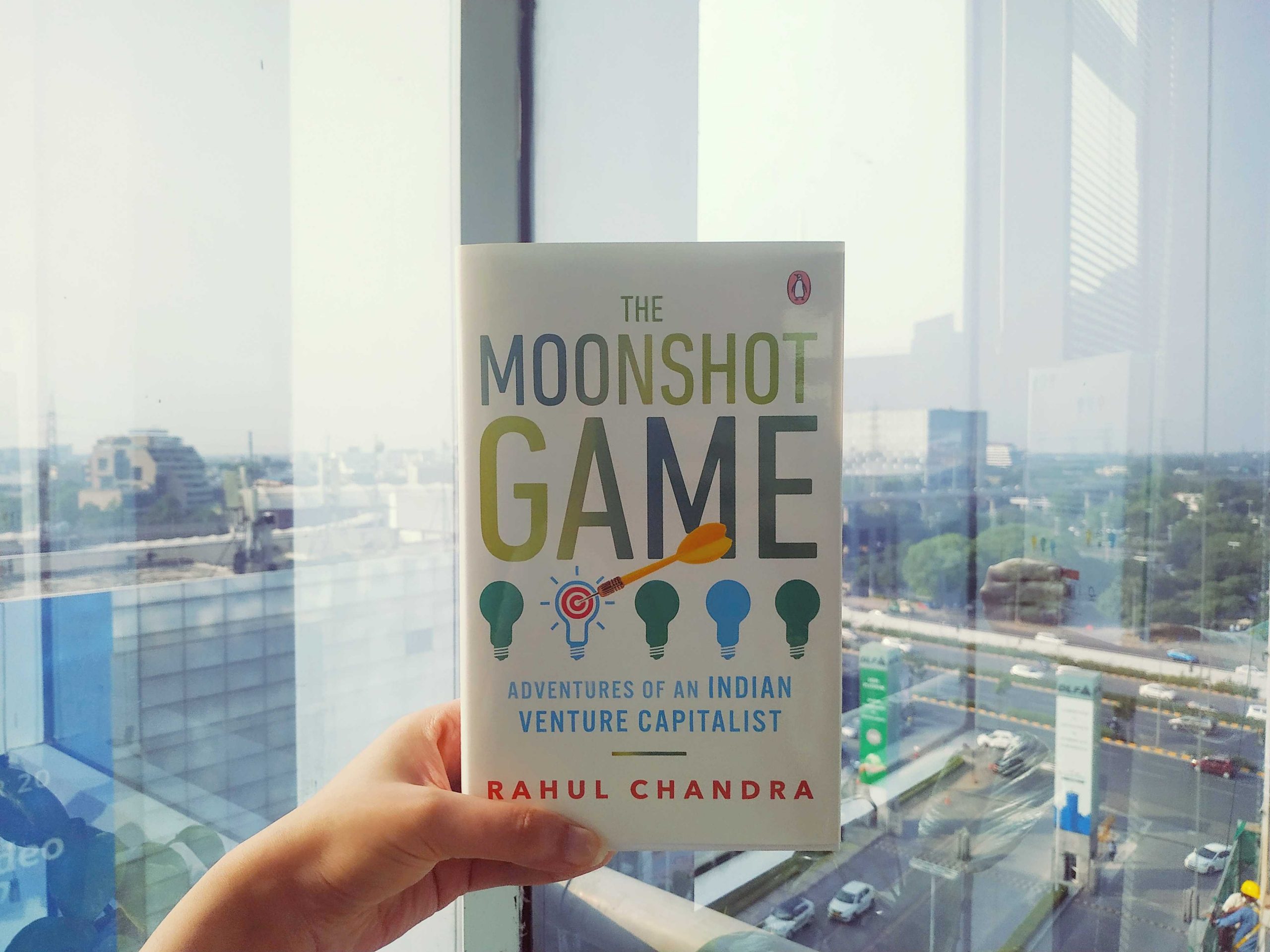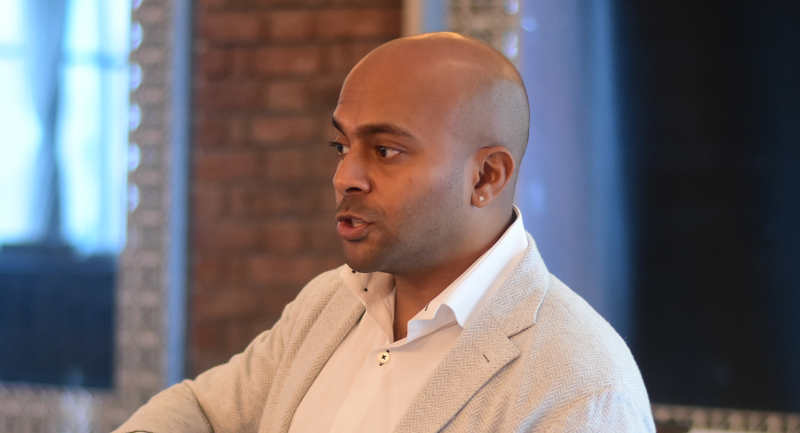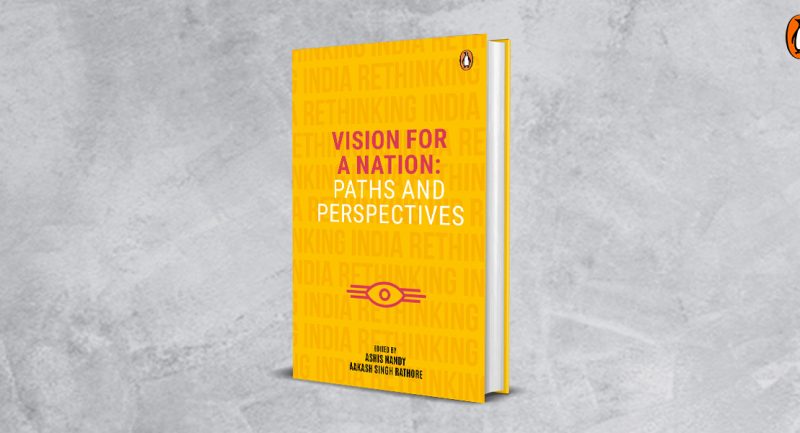
India’s start-up revolution began in 1998, when the first venture capitalists (VCs) arrived from the US and backed early businesses in IT services for global corporates. The second wave came in 2006 when home-grown VCs raised large amounts of capital and funded products and services companies for Indian consumers.
This is a gripping behind-the-scenes story of a VC’s journey, right from the beginning of the second start-up revolution in India in 2006 until the end of the funding frenzy in 2016. A story about how global conditions, local consumers, founder ambition and good old greed shaped the start-up story in India.
Rahul Chandra is the co-founder of Helion Ventures, and in this candid memoir he tells us about his journey building one of India’s oldest VC firms. In a remarkably gripping account, he recounts his adventures in India’s hyper-funded start-up ecosystem.
The Moonshot Game gives readers an insight into the secret world of a VC, with unguarded stories involving large bets and big mistakes, and tales of how one juggles several investments at the same time.
Rahul shows why being a VC is a constant journey of ups and downs, why building value is a long-term business, and why no amount of failure can be an excuse to lose optimism in the power of entrepreneurship.
Here’s an exclusive excerpt from the book!
—————————————————————–
A country with a growing middle class, millions of engineers and thousands of back offices building products for global customers. A new venture capitalist (VC) fund that would work collaboratively with entrepreneurs. Past success in building start-ups. This was our sales pitch to whoever cared to listen in the summer of 2005.
The four co-founders of Helion—Sanjeev Agarwal, Ashish Gupta, Kanwaljit Singh and I—were traversing North America, meeting investors who were intrigued by the unproven but promising land of India. China was also catching the fancy of US investors, and many a delegation had travelled to the large semiconductor plant in Pudong district in Shanghai to experience the country’s potential first-hand. Meanwhile, India had software product teams beginning to build new products out of Bangalore, instead of just following specifications from their US colleagues.
India and its billion people represented a virgin opportunity. Our pitches had borne fruit. Investors with long time horizons had chosen to back us with their capital. Capital that we would deploy in promising start-ups. Capital that would accelerate growth and help build industry leaders. The fundraise culminated rather quickly once our first few investors came in. These investors, known as LPs or ‘limited partners’, were taking a call based on our thesis, team strength and credibility. Overarching all this was their openness to India.
Our maiden fund was ready for deployment in May 2006. We had raised a cool $140 million and were ready to start. In June 2006, we formally opened for business. Ashish Gupta and I moved from Silicon Valley to India.
Ashish moved to Bangalore. He and Kanwaljit Singh would work out of our Bangalore office. Sanjeev Agarwal and I would work out of our Gurgaon office. It had been a month since I moved back to India after spending seven years in Silicon Valley, Palo Alto, and I was just getting re-adjusted to a new way of life. Delhi wasn’t home and
the peculiarities of Delhi life were just revealing themselves to me. It was frustrating to see how people said they were going to do something ‘now’, but that didn’t mean the present. It just meant sometime in the near future, and they called it ‘now’. We would earnestly wait for delivery people, electricians and plumbers to show up and then actually get frustrated over the shoddiness and work ethic. Living in the US had conditioned us to expect predictable outcomes. After returning to Delhi, it took us a few years to change our habit of linking work to a timeline. It would happen, at some time in the future. Letting go of the ‘when?’ question was the path to nirvana.
Read The Moonshot Game to know more!









